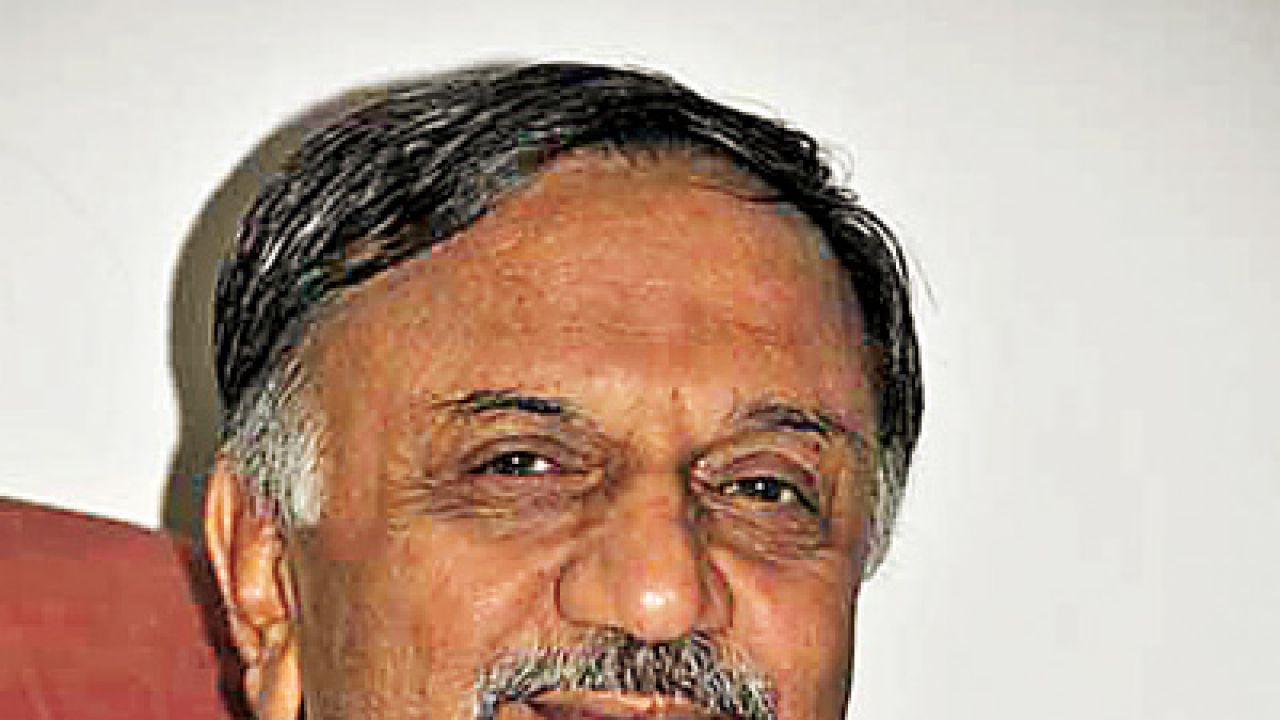
The Maharashtra government recently issued two notifications that are designed to weaken the RTI Act and encourage corruption. The first, issued on Sept 9, placed Anti Corruption Bureau in Schedule 2 of the RTI Act, which means most information about ACB would be barred from being disclosed. This, the government claimed, was based on its powers under Section 24 (4) of the RTI Act. The government seems to have forgotten that this section applies only to 'intelligence and security organisations'.
It would be impossible to justify that ACB is either an intelligence or security agency. This notification is hence arbitrary and illegal. I have filed a complaint with the State Information Commission requesting it to conduct a hearing and decide on this matter. The government does not have the power to exempt any department it wishes from the RTI Act, and people must oppose this. If the government is allowed its way, it may soon want to exempt irrigation and urban development departments (the entire govt machinery for that matter) from the RTI Act list next!
Emboldened by this, the babus next decided to further their cause by granting protection to information on disciplinary action or punishment they had received, on the specious plea that this was a matter between the employee and the employer.
Here they need to understand that the employer is the government which is functioning on behalf of the citizens of India. Babus are clearly trying to take advantage of the absence of an elected government.
The notification on this also states that assets, loans, gifts received by public servants and their Income Tax returns are exempt from the RTI Act and need not be revealed unless there is a larger public interest served by the disclosure.
Those who stand for elections are required to declare their assets as people have a right to know this, as these people wish to be public servants. Can people's right to know about assets of those who are public servants be any less?
This, babus claim, is on the basis of the Supreme Court ruling in the Girish Ramchandra Deshpande case on Oct 2012. Why officials woke up after two years is a mystery! The Supreme Court has not provided any legal reasoning for the ruling, however. There is no 'ratio decidendi', which would be the legal principle that becomes a precedent and the law of the land.
The SC ruling has also not taken into account the apex court's earlier judgments in the ADR and the R Rajagopal case. Perhaps these were not presented before the court. The ratio of R Rajagopal judgment clearly lays down that in matters of public records, the right to privacy generally does not subsist, except in matters relating to decency.
The judgment further says, "In the case of public officials, it is obvious, right to privacy, or for that matter, the remedy of action for damages is simply not available with respect to their acts and conduct relevant to the discharge of their official duties."
On this basis, I have a filed writ petition in Bombay high court challenging treating the ruling on Girish Deshpande' case being treated as a precedent laying down the law. The Maharashtra government's attempt to weaken the RTI Act by notifications must be resisted. Citizens will watch the new government's actions in this matter closely.